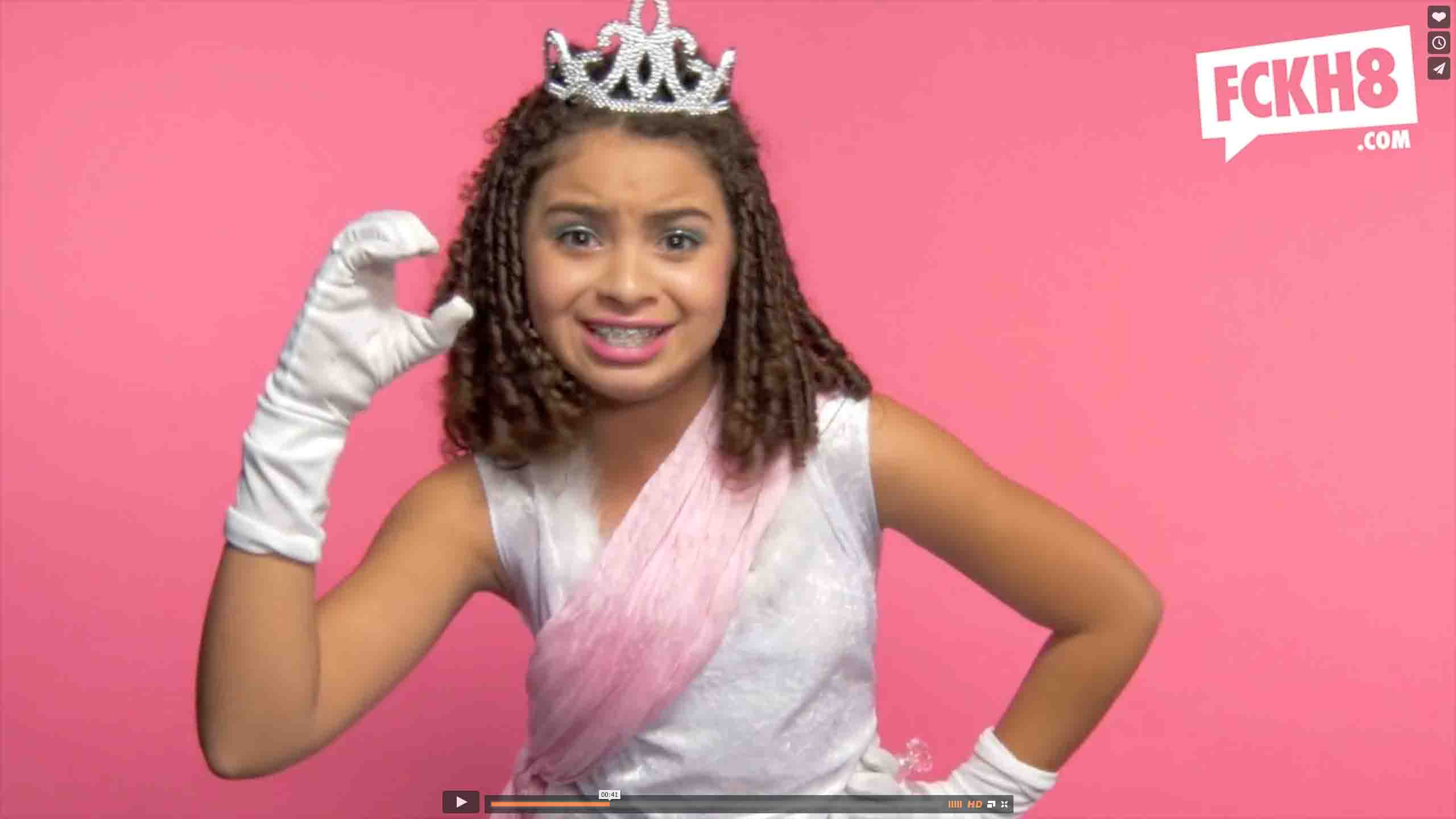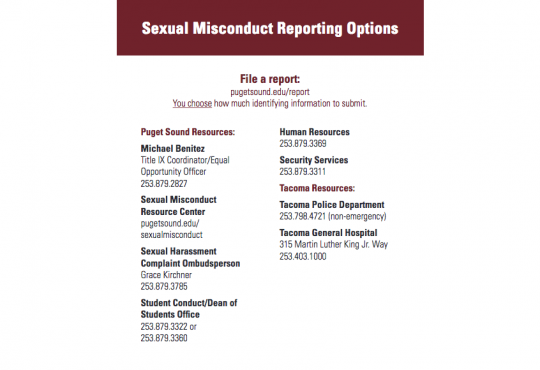
On Oct. 21, the t-shirt company FCKH8 posted a video titled “Potty-Mouthed Princesses Drop F-Bombs for Feminism” to YouTube and quickly became a viral sensation shared by thousands on Twitter, Facebook and Tumblr.
The video plays out just as one would predict. Five girls from the ages six to thirteen dressed in princess outfits stand in front of a hot pink background and begin to demand equality and say shocking things such as asking the audience to “start teaching boys not to f**king rape.”
While the video clearly has good intentions to draw in a large audience and help with the fight against sexism, it goes about it in the wrong way, the foul language being the least concerning element.
I wholeheartedly believe that the gap seen between sexes today is much more offensive than the word “f**k;” however, I find exploiting children for an advertising scheme and the simplification of issues in the video to be even worse.
Of course, this is not the first time that a company has used children to deliver their message for them. Anti-smoking, environmental and religious advertisements have all portrayed very young children seemingly forming their own insights and testimonials in order to emotionally persuade a larger audience.
But even regarding positive and forward-thinking ideas, children are just not yet at an appropriate maturity level to form their own ideas or opinions and therefore should not be hired to act as such and used as props to make a point when they do not even know what cause they are arguing on behalf of.
Rather than taking advantage of the psychological reactions that a viewer has when seeing children on-screen, the educated, adult activists themselves should speak, using their experience and self-formulated views to argue their cause, rather than using children as props to distract from the content.
Furthermore, I believe this video is sending a construed message about how to fight sexism. The ending scenes commence with the leaders of the campaign coming out and encouraging viewers to pay more attention to the issues at hand than the cursing schoolchildren.
They then compel those who agree to purchase their hot pink t-shirts with quotes such as “This is What a Feminist Looks Like” and “Girls Just Want to Have FUN-damental Rights.”
According to their website, fckh8.com, the company is a for-profit clothing manufacturer that carries “pro-LGBT equality, anti-racism and anti-sexism T-shirts that act as ‘mini billboards for change.’” The idea is (allegedly) that expressing beliefs against inequalities and encouraging social movements by simply wearing eye-catching t-shirts can spark a conversation or inspire others to ask about your ensemble.
However, when companies like this begin to use button-pushing marketing tactics, replacing thoughtful rhetoric with sloganeering, one should become skeptical. True activists and anti-hate companies should resist this commodification of values and instead persuade people to get up and take a stand greater than simply making an online purchase.
Bumper stickers and buttons can only do so much against the greater issues faced in our society; it takes real-world courage and advocacy to create waves. Pay inequality, rape and violence, gender stereotypes and beauty expectations are all issues that need to be ameliorated by taking meaningful and legitimate action, not turned into wearable products that do little more than assuage the conscience of those who spend money on them.
Finally, the company’s advertisement severely simplifies the subjects that it addresses. For instance, insinuating that we should simply teach boys not to rape only perpetuates the simplification of women’s rights issues. There is more to the argument than heteronormative inequality and violence against women, and that should be brought into the conversation as well.
At one point, a little girl claims “I shouldn’t need a penis to get paid!” This statement ignores the fact that trans women also face the challenges of unequal pay as well as trans men that experience an advantage in the business world.
Neither of their anatomies are considered when determining their pay, simply the fact that one identifies as male and one as a woman and there lies the real problem.
It’s impossible to argue that FCKH8’s video did not aim to have a constructive impact on society. However, even progressive causes should avoid using children as an easy way to reel in views, they should encourage positive and real social change more than purchasing products, and issues should be expanded to include all those affected.




